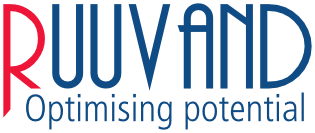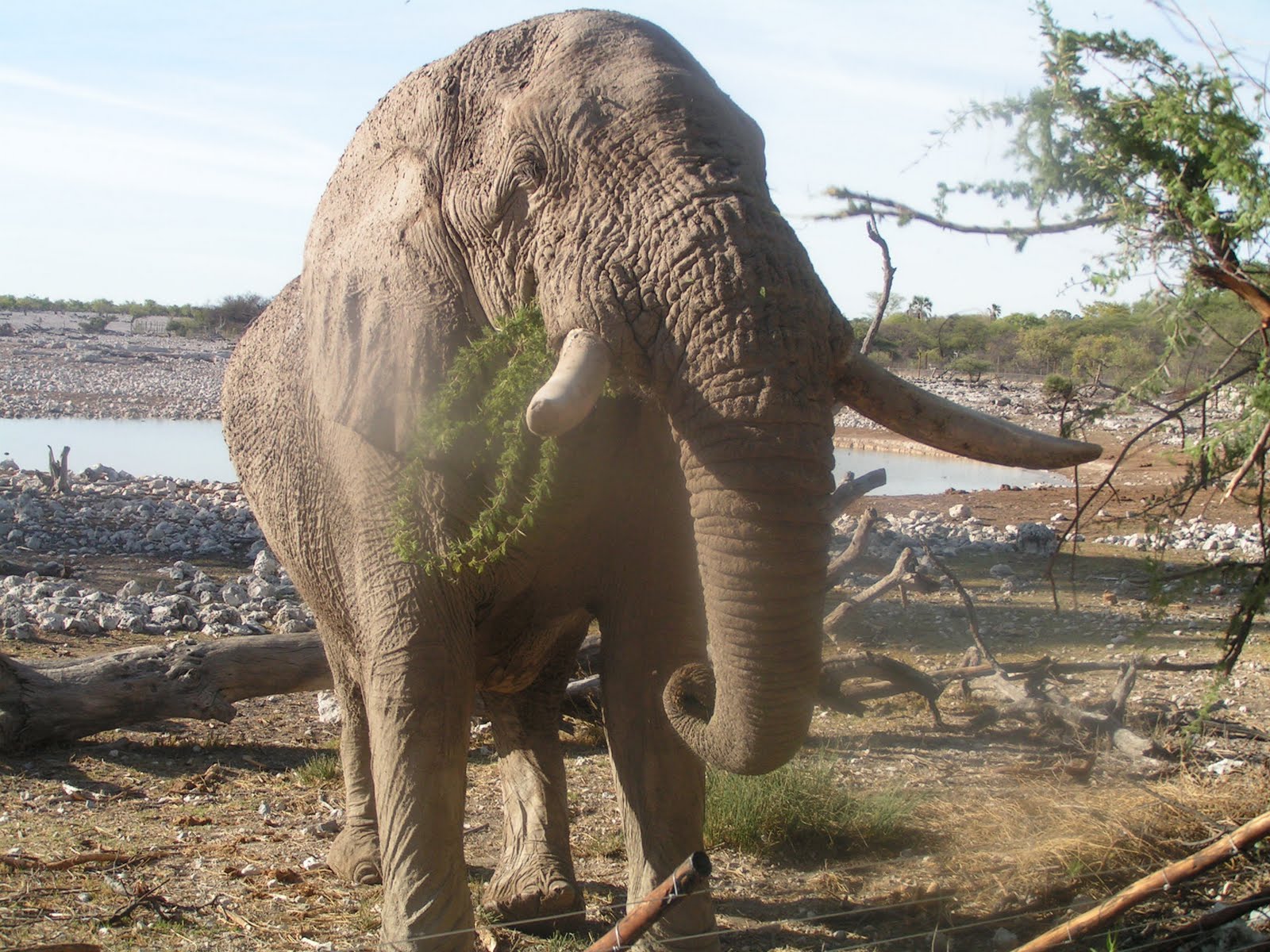I know some history and development of capitalism. However, reading an excellent article “Good Companies” in the latest RSA Journal, which relays the historical role of business in society, it hit home to me as a business owner. The article sketched how businesses were started to serve customer and society needs. Sainsbury’s and M&S gave access to farm produce, Rowntree and Cadbury’s provided chocolate of an assured standard which consumers demanded . This is causing me to ask the question of my company, Ruuvand, what gap are we plugging for individuals and for society? What are we helping clients and society to access more of, more easily or more cost effectively? Tough question for me!
Here is my response. We make meaning from our values and considerable energy can be generated from them. Yet few of us invest time in clarifying our values or in challenging our mindsets as a starting point for achievement. No wonder work-life balance is out of kilter for most people. Some are are fortunate to single-handedly identify their values and live value-led lives. We spend most of our time learning how “to do” and choosing what “to have”, but precious little time on who and how “to be”. It is not necessarily the long hours or the tough demands of the job that tips the balance, but often the mindset.
Mindset determines our attitude and approach. What we do at Ruuvand is help people to develop a Mindset to achieve their highest aspirations, best performance and to meet their toughest challenges. We get there faster than if the individual or group were working on their own.
When our clients develop a chosen Mindset, they often go on to achieve their aims whilst maintaining their well-being. For most people, a “Reach-back mindset” is key, reaching into who they really are, which can be different from who they have become.
Ruuvand’s impact on society is evident in our clients’ achievements and their positive impact on people they interact with in their lives.


